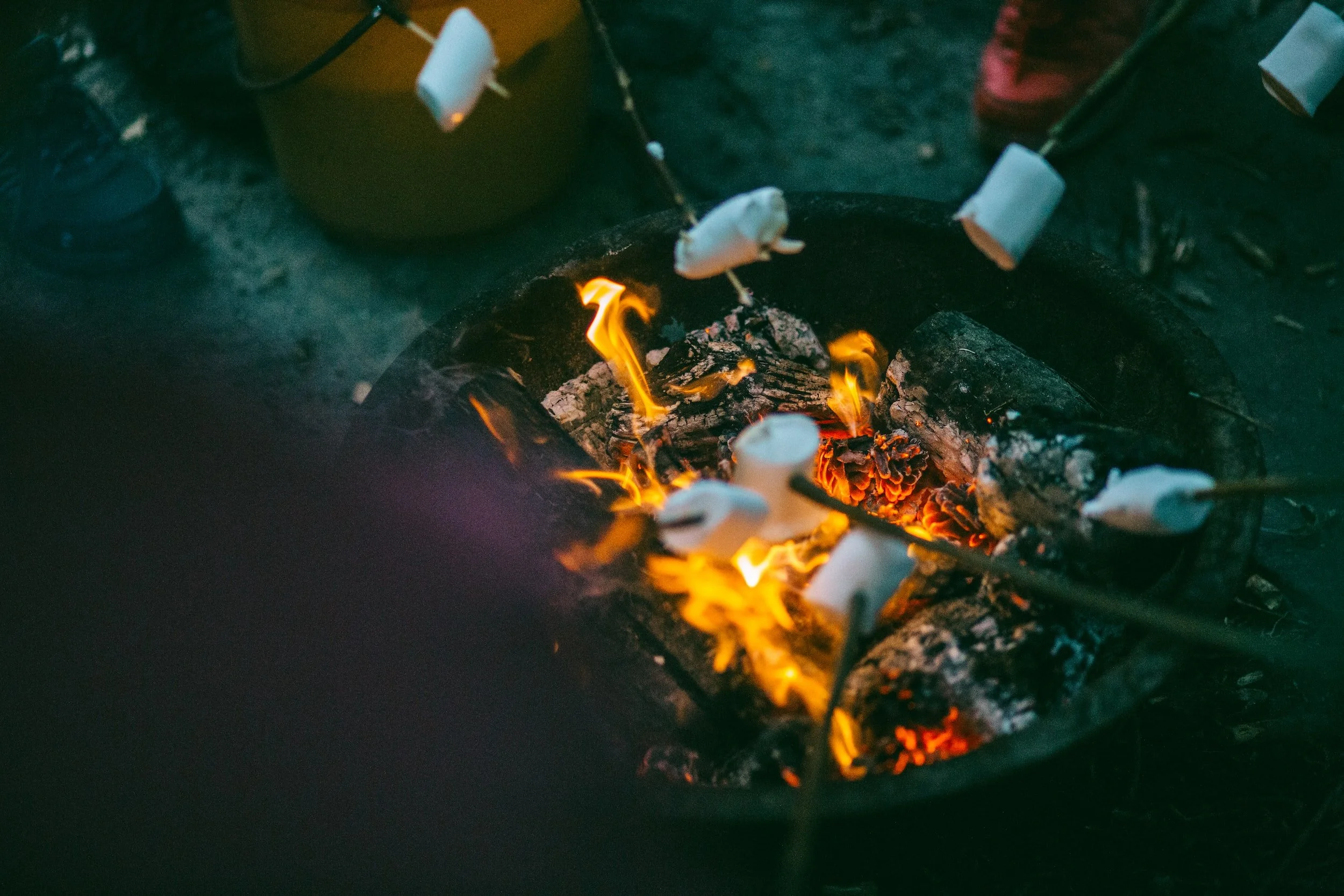The Camp Question
After being part of various Jewish communities my entire life, there is one question I always dread: “What summer camp did you go to?”
It’s a common assumption that everyone who grew up Jewish in the US went to overnight Jewish summer camp. But for a variety of reasons--money, family situation, physical or mental health, and more--some people don’t go.
I loved my experience at Emagination, a day camp held at Mercer University in Georgia that focused on coding, computers, and video games. It was far from my house, but my parents drove me every day because I was unable to stay overnight due to my mental health. Because of my OCD, I couldn’t eat food there either--but because the camp wasn’t Jewish and therefore wasn’t kosher, I was allowed to bring my own food.
Whenever people ask me about camp, this isn’t the answer they want. I have heard more times than I can count about how everyone has this wonderful, life-changing experience at Jewish camp that can’t be replicated elsewhere, so nothing else counts as a good answer to the question.
I understand that for many people, this experience happens and is something wonderful to remember for the rest of their lives--but for some people, it’s not possible, and even as an adult, I am regularly reminded of the fact that my experience is different and therefore wrong.
I’ve never seen this handled kindly until a few days ago, when I was at a local Jewish event with a friend. There were many teens there, and the inevitable questions started with school and quickly progressed to camp. Some kids had answers immediately, and I could tell from the shine in their eyes that camp is their happy place.
But there was one boy who didn’t have that answer. He looked awkward and uncomfortable all of a sudden as he said that he doesn’t go to camp.
I zoned in on that conversation immediately. I was so curious to hear how people would treat this; I was expecting something like “I’m sorry you missed out” or a quick exit to the conversation.
And then, I heard it--the kindest response to “I don’t go to camp” that I’ve ever heard.
My friend immediately said that was totally fine, something I’ve never heard even at Jewish events for adults where icebreaker questions always ask about camp. She said that not everyone goes to camp, and not everyone has to do things right away. She said that if he changed his mind, he could become a counselor later on, but that’s also not necessary.
I was honestly thrilled to hear this response. I have never heard anyone accept the answer without trying to convince the kid to go to camp if they are still of an age where they can, express regret that they’re missing out on part of the essential Jewish experience, or launch into reasons why camp made their life the way it is and the kid isn’t going to get that.
I noticed a visible change in this young boy after he was given this response. He didn’t look quite so retreated into himself; his body language seemed calmer. It’s almost as if he was given permission to be different in a way where it feels like everyone has to be the same.
I don’t know why this boy doesn’t go to camp, but I do know he was at a Jewish event with his family. He was still making friends and connecting to the Jewish community in a way that he could do, and not missing out on the entire Jewish experience simply because one part of it looks different. And even without going to Jewish overnight camp, I’m sure there’s something in his life that brings a shine to his eyes.
Some people get that shine in their eyes from a day camp where they’re the only Jew and the only girl but far from the only one interested in their favorite hobbies.
Some people find that shine later in life, like at conventions or on my lifelong dream trip to New Zealand--both of which I could describe with all the same powerful adjectives as people who went to Jewish overnight camp.
And I know plenty of people who have found that shine at camp--but assuming that’s the only way to find true happiness and Jewish connection can be so alienating to those of us who couldn’t for whatever reason.
Whether or not camp was your way to find community, please keep in mind that it’s not the only way. Offering acceptance and kindness can go such a long way in feeling like you belong in the Jewish world and beyond.
Michelle Cohen, a writer in the Chicago area, was diagnosed with OCD at age 3. She hopes to educate others about her condition and end the stigma against mental illness.

